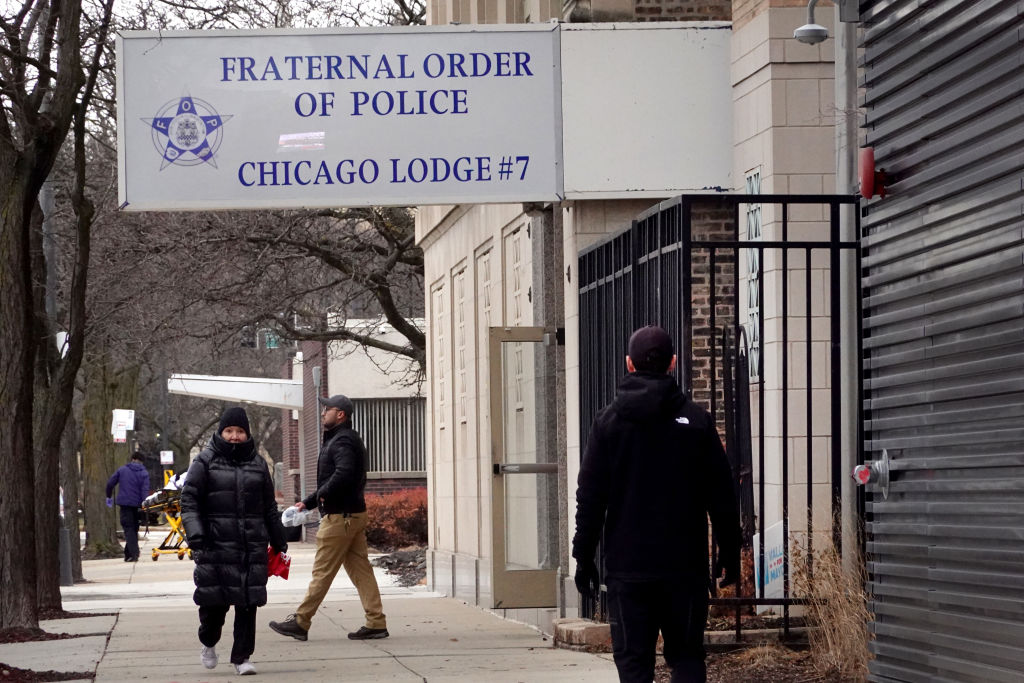We typically think of new laws as being written and introduced by elected officials, but thanks to a quirk of Illinois law and Chicago City Council rules, any individual can put a piece of proposed ordinance before the council for consideration.
It’s a rarely-used power, and no individually-introduced ordinance has been passed into law in recent history. A few recent attempts, including an attempt to create a mayoral recall process introduced in 2016 and a student-led effort to ban single-use styrofoam food containers in 2019, were referred to committees but never called for a hearing or vote.
Still, it’s a right that any member of the public can exercise. Legislation cannot progress beyond the introduction stage without being heard in a committee, however, so it is extremely helpful (though not technically mandatory) to discuss the introduction with the chair of the relevant committee before filing anything with the city clerk.
Legal Authority
The process for an individual to submit an ordinance is not explicitly laid out in state law or city ordinance. There is no mandatory process or set of qualifications enshrined in law that defines who can and cannot submit proposed ordinance to an Illinois municipality.
However, state law gives city councils the authority to set their own rules (65 ILCS 5/3.1-40-15), and Rule 46 of the Chicago City Council’s rules of order and procedure states that “All ordinances, orders and resolutions which are introduced in the City Council shall be submitted on paper or electronically in duplicate and the City Clerk shall deliver one (1) copy to the City Council Legislative Reference Bureau.”
Since the rule does not limit or specify who can submit items to the city clerk, anyone whose submission meets the various formatting criteria laid out in Rule 46 can introduce an item into City Council.
Submission Process
The city clerk’s website provides a single sentence of instructions: “Legislation may be introduced by the Mayor or the executive departments, by one or more aldermen, by a City Council committee, or by a citizen (through the City Clerk’s Office).”
More specifics are included in Rule 46 of City Council’s rules of order and procedure:
- All ordinances, orders and resolutions must be submitted in duplicate, either on paper or electronically.
- All items must be typed, printed or submitted electronically – in other words, not handwritten – and must have numbered pages.
- If the ordinance modifies the Municipal Code, it must show any new language by underlining, and any language removed/repealed by strikethrough.
- While not required by the rules, it’s the default practice to put the preferred committee assignment at the top right of the first page, so that the item can be easily referred to the appropriate committee when it’s read into the record.
Printed legislation should be submitted at the clerk’s office in Chicago’s City Hall. The reception desk is in its own room through a door at the west end of the larger clerk’s hall with payment terminals.
A handful of subjects have specific application processes and cannot be done through public submission: vacation of public property, fixing of compensation to the City of Chicago, grants of rights in streets for utilities and zoning reclassifications.
What Happens After Legislation is Submitted?
Once legislation is submitted to the clerk’s office, it will be formally introduced at the next regular meeting of City Council and referred to a committee, during the “new business” section of the agenda. Shortly after the council meeting, the bill will appear on the clerk’s Legistar website with a tracking number and a “Misc. Transmittal” label in the bill sponsor field.
Typically, items are assigned to whatever committee was requested in the upper right-hand corner of the submitted legislation. To progress, the item must be put on the committee agenda by the committee chair (or by a majority vote of the committee, but in practice committees almost never add items or attempt to overrule the chair’s agenda-setting privileges). The authors/introducers of the bill will need to contact and work with the committee chair to try and arrange for a hearing, vote or other progress on the item.
Occasionally, a member of City Council will request that the item be sent to another committee, in which case it will be referred to the Committee on Committees and Rules, in which case the rules committee must meet and vote on the appropriate committee assignment before the item can be heard in committee.
Once heard and voted on in committee, legislation is read out at the next City Council meeting, during the “Committee Reports” section of the agenda. In nearly all cases, the council concurs with the recommendation of the committee and unanimously approves all items that were approved in committee. Items that were reported out of committee as a “Do Not Pass” recommendation are usually unanimously rejected; however, any member of City Council can call for a roll call vote to disagree with the “Do Not Recommend” if they wish.
Once the recommendation of the committee is accepted (or rejected) by vote on the City Council floor, it is officially done – passed legislation becomes law, while rejected legislation is done with the legislative process and would have to be re-introduced as a new bill to be considered again. The only exception is a mayoral veto, which sends the bill back to City Council and can only be overridden by a two-thirds majority.







